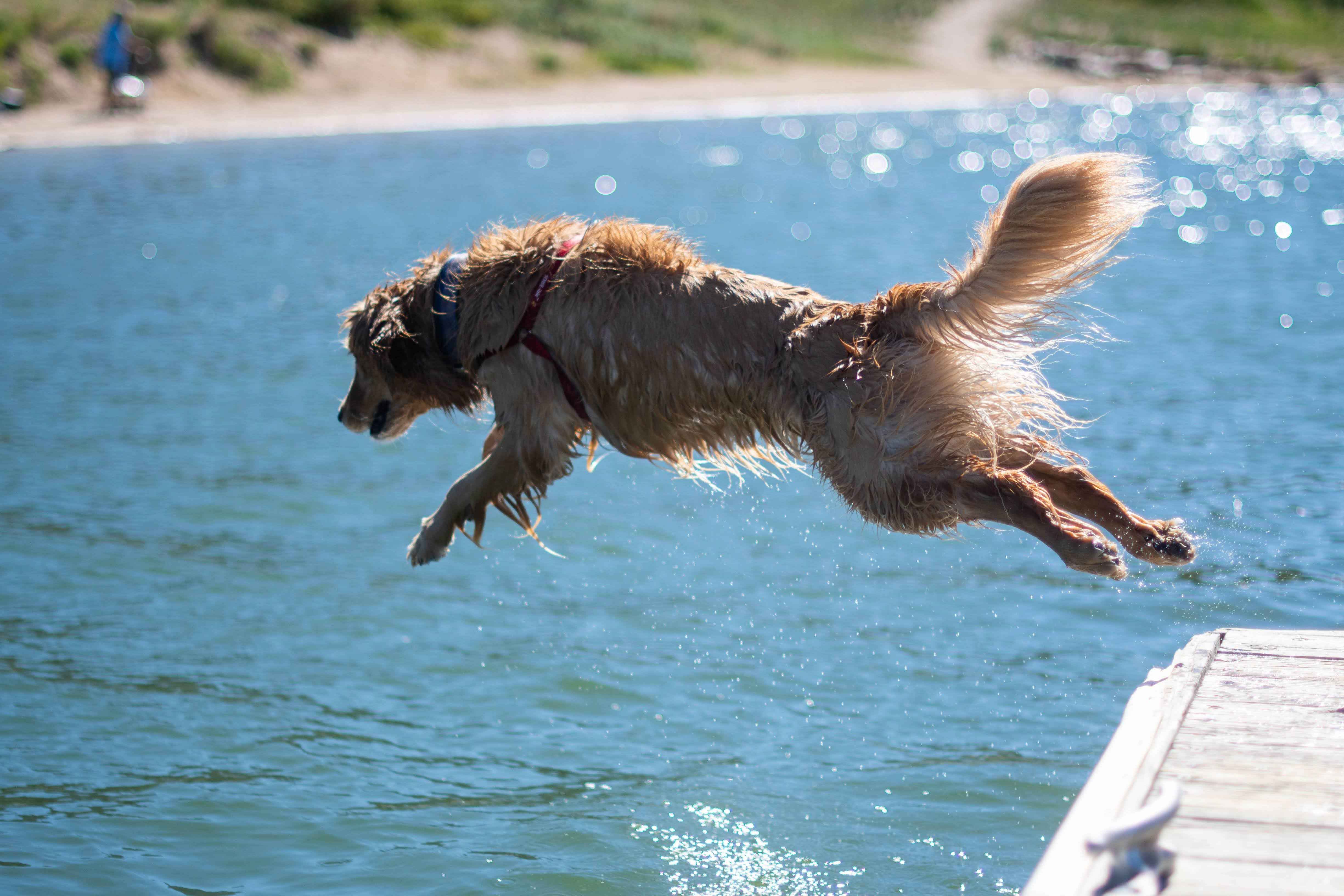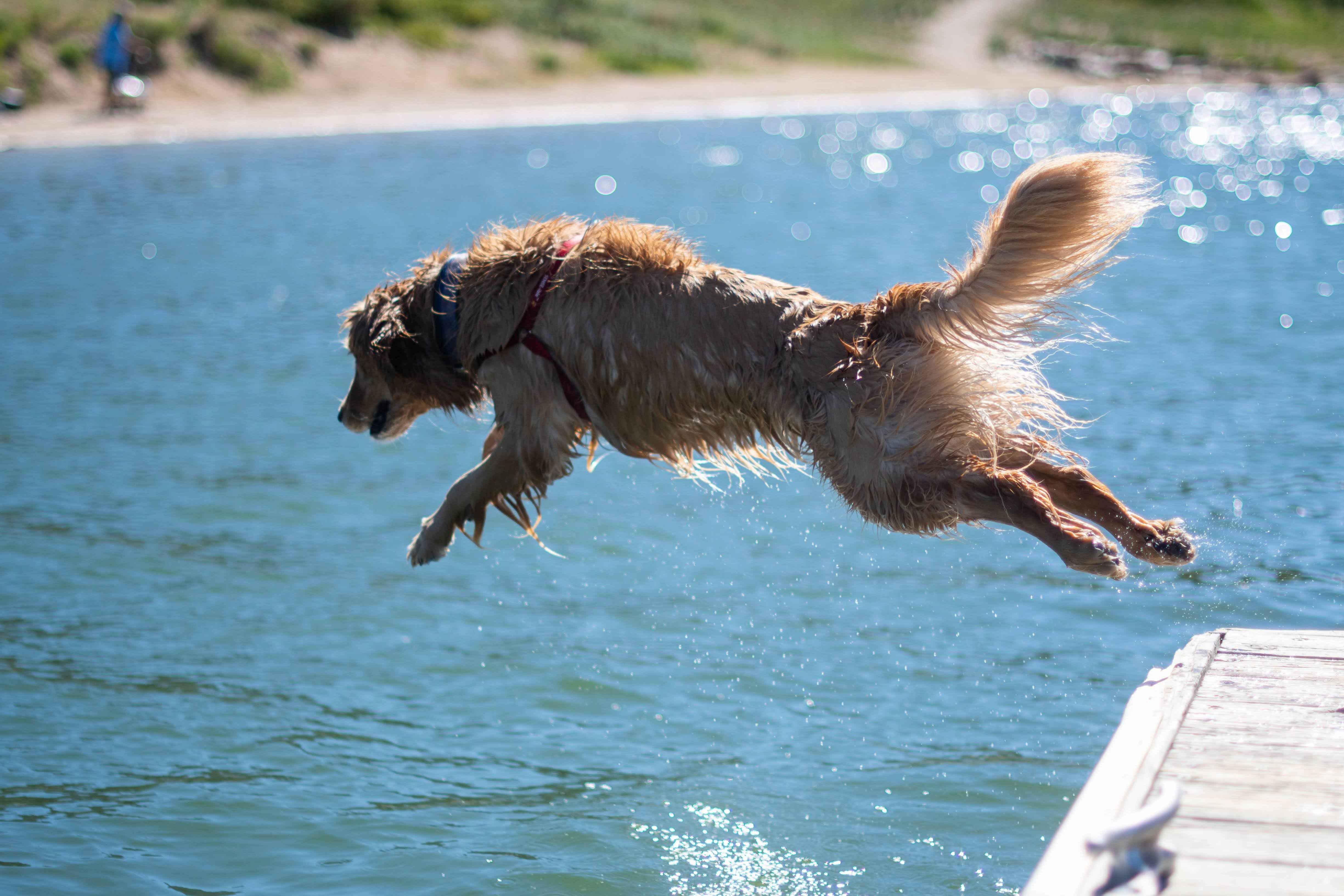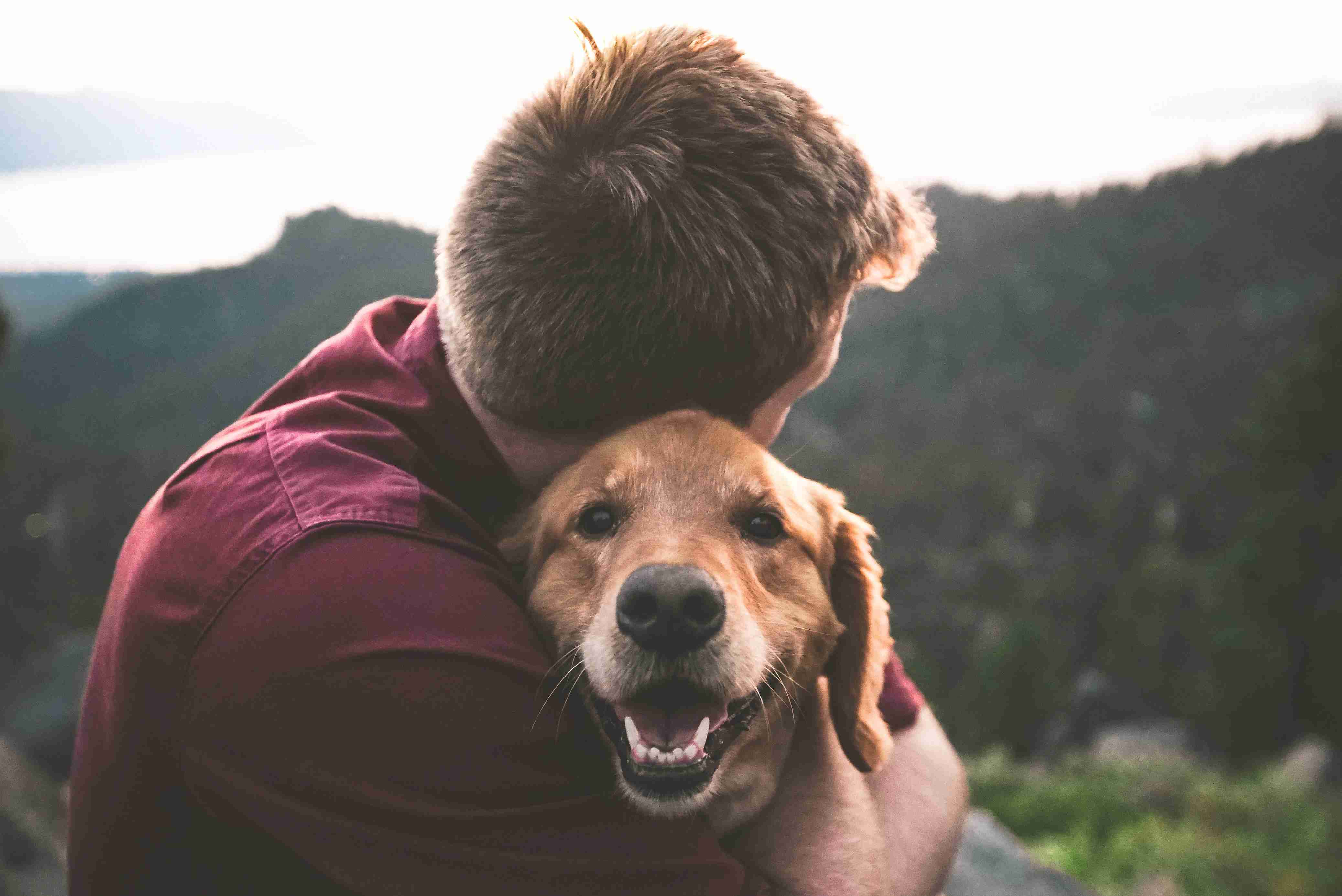As a dog owner, we always want the best for our furry friends. We provide them with love, care, and of course, the right nutrition. But what if your beloved golden retriever is suffering from a food allergy? How can you tell if their itchy skin, upset stomach, or constant scratching is a result of an allergic reaction to their food? In this blog post, we will explore the signs and symptoms of food allergies in golden retrievers, helping you to identify if your furry companion is indeed experiencing an adverse reaction to their diet. So, let’s dive in and learn how to recognize the telltale signs of a food allergy in your golden retriever.
Is Your Golden Retriever Suffering from a Food Allergy? Signs to Look Out For
Golden Retrievers are known for their friendly and gentle nature, making them one of the most popular dog breeds worldwide. However, just like humans, dogs can develop allergies, including food allergies. As a responsible pet owner, it’s essential to be aware of the signs that your Golden Retriever may be suffering from a food allergy. In this blog post, we will discuss the common symptoms to look out for and provide you with some guidance on how to manage and treat your dog’s food allergies.
Understanding Food Allergies in Golden Retrievers:
Food allergies occur when a dog’s immune system mistakenly identifies certain ingredients or proteins in their diet as harmful substances. This triggers an allergic reaction, causing various symptoms. While any dog breed can develop food allergies, Golden Retrievers are particularly prone to them due to their genetic predisposition.
Signs and Symptoms of Food Allergies in Golden Retrievers:
1. Itchy Skin: One of the most common signs of a food allergy in Golden Retrievers is excessive itching. You may notice your dog scratching, licking, or biting their skin more frequently, which can lead to redness, inflammation, and even hair loss.
2. Digestive Issues: Food allergies can also manifest as digestive problems in Golden Retrievers. Frequent vomiting, diarrhea, gas, or bloating may indicate a food allergy. Keep an eye on your dog’s stool consistency and frequency.
3. Ear Infections: Recurring ear infections, characterized by redness, odor, discharge, and constant shaking of the head, can be a sign of a food allergy. Golden Retrievers with food allergies often develop sensitivity in their ears due to the inflammatory response triggered by the allergenic food.

4. Chronic Inflammation: Food allergies can cause inflammation throughout your Golden Retriever’s body. This can lead to swollen paws, a red or swollen face, and even hives or rashes on their skin.
5. Respiratory Issues: In some cases, food allergies can affect a dog’s respiratory system. If your Golden Retriever experiences coughing, wheezing, sneezing, or difficulty breathing shortly after eating, it could be a result of a food allergy.
Managing and Treating Food Allergies in Golden Retrievers:
If you suspect that your Golden Retriever has a food allergy, it’s crucial to consult a veterinarian for an accurate diagnosis. They may recommend an elimination diet, where potential allergens are removed from your dog’s diet, and then reintroduced systematically to identify the specific allergen. Additionally, they may suggest allergy testing to pinpoint the exact substances your dog is allergic to.
Once the allergen is identified, the most effective treatment is avoidance. Avoid feeding your Golden Retriever any foods that contain the allergenic ingredient. This may require switching to a specialized hypoallergenic or limited ingredient diet.
In some cases, your veterinarian may prescribe medications such as antihistamines or steroids to manage the symptoms associated with food allergies. However, these medications only provide temporary relief and should be used under veterinary supervision.
Food allergies can significantly impact your Golden Retriever’s quality of life. By understanding the signs and symptoms of food allergies, you can take proactive steps to manage and treat them effectively. Remember, always consult with a veterinarian for an accurate diagnosis and personalized treatment plan. With proper care and attention, you can ensure that your beloved Golden Retriever lives a healthy and happy life, free from the discomfort of food allergies.
In conclusion, it is essential to be aware of the signs and symptoms that may indicate a food allergy in your beloved golden retriever. By closely monitoring your furry friend’s behavior, skin condition, and digestive health, you can identify potential triggers and seek veterinary guidance for a proper diagnosis. Remember, a food allergy can greatly impact your dog’s overall well-being, but with the right care and attention, you can help them lead a happy and healthy life. So, stay vigilant, consult your vet, and provide your golden retriever with the nourishment they need to thrive. Your furry friend will thank you for it!





%20-%20Copy.jpg)


